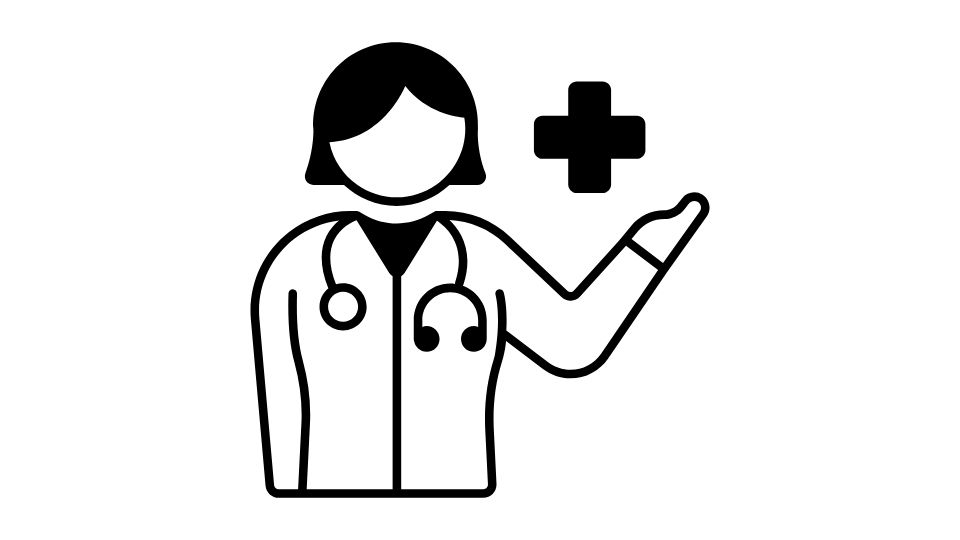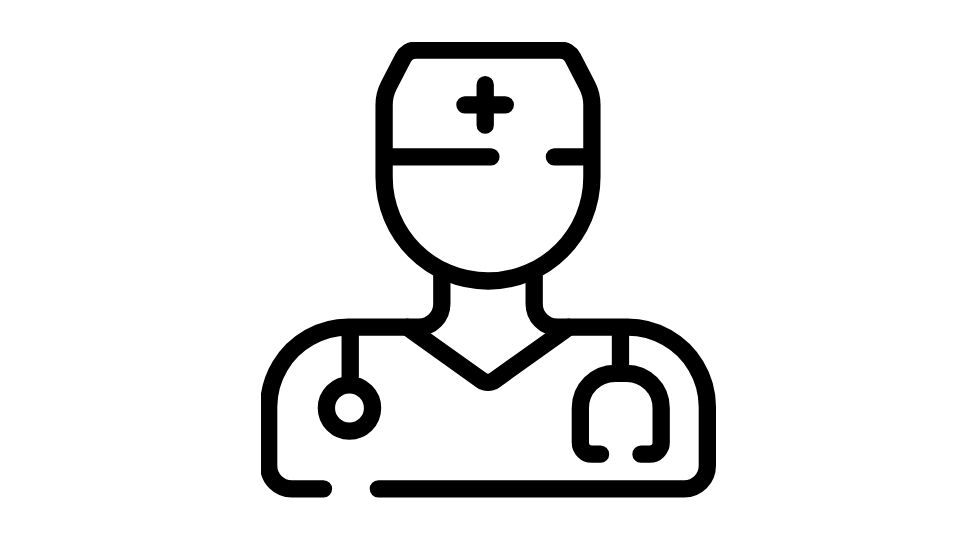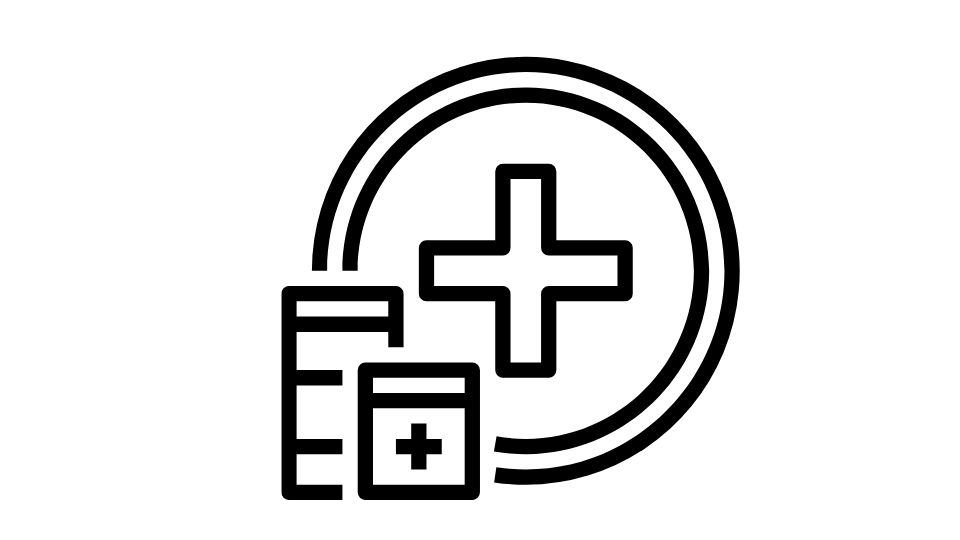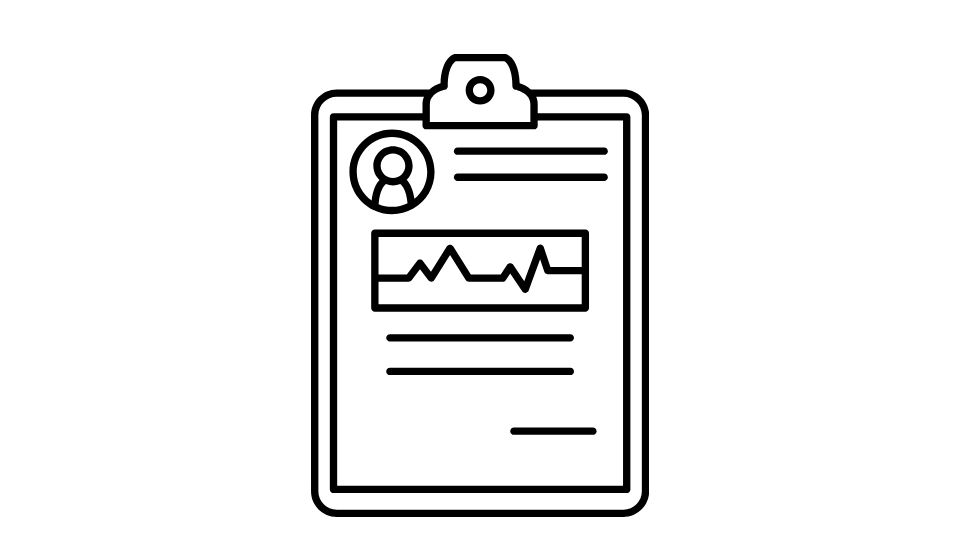Is Protein Powder Bad for Your Liver? What Doctors Say

Ever wondered if that protein shake might be slowly killing your liver?
Let’s cut through the bro-science and figure out if your favorite post-workout supplement is a liver hero or villain. Because while getting swole is great, having a functioning liver is you know kind of important too.
When I first started researching this topic, I expected to find clear answers. But like most nutrition topics, it’s more complicated than Instagram fitness influencers would have you believe.
Is Protein Powder Bad For Your Liver? The Surprising Truth
Here’s the deal – protein powder isn’t inherently bad for your liver. In fact, for most healthy people drinking those shakes in reasonable amounts, your liver is probably doing just fine.
But like that friend who can’t handle their alcohol, some livers struggle more with protein processing than others. And the devil is in the details – or in this case, the quality of your supplements and your overall health picture.
Let’s break it down piece by piece:
The Science Behind Protein and Your Liver

Your liver is basically the chemical processing plant of your body. One of its many jobs? Handling all that protein you consume.
When you slam that post-workout shake, your liver gets to work converting the nitrogenous waste (ammonia) that comes from protein breakdown into urea that your kidneys can then filter out. Pretty cool system when it’s working right!
How much is too much? Most nutrition experts recommend about 1-2 grams of protein per kilogram of body weight daily. Going consistently above 3g/kg? That’s when you might be pushing into the danger zone for some people.
Research from the Journal of the International Society of Sports Nutrition shows that a healthy liver can generally handle higher protein intakes without issues, but there are important caveats.
When Protein Powder Might Harm Your Liver
Not all protein powder situations are created equal. Here are the scenarios when that scoop might cause trouble:
1. Pre-existing liver conditions
If you already have liver disease or dysfunction, the extra metabolic work from processing high amounts of protein might further stress your liver. This is when that “innocent” protein shake becomes potentially problematic.
2. Dehydration + high protein = bad news
Not drinking enough water while consuming lots of protein? You’re basically making your liver work overtime without proper support. One study published in Nutrients found that adequate hydration is crucial when consuming higher protein amounts.
3. Contaminated products (this one’s scary)
This is the real kicker. Some protein powders, especially cheaper brands, contain heavy metals like lead and cadmium. These contaminants can directly damage your liver over time. A Consumer Reports investigation found nearly half of tested protein powders exceeded limits for at least one heavy metal. Yikes.
4. Too much of a good thing
Even with perfect hydration and a healthy liver, chronically consuming excessive protein (especially without exercise to utilize it) might increase inflammation markers in the liver for some individuals.
The Surprising Benefits of Protein Powder for Liver Health

Plot twist! Some research actually suggests whey protein might help certain liver conditions.
A study in the British Journal of Nutrition found that whey protein supplementation reduced liver fat and improved liver function markers in obese people with fatty liver disease.
How’s that for confusing?
The difference seems to be in:
- The quality of the protein
- The amount consumed
- Your individual health profile
- Whether you’re exercising appropriately
How to Use Protein Powder Without Destroying Your Liver

Based on all this research, here’s my practical take on keeping your liver happy while still enjoying your protein shakes:
Stay hydrated! Drink plenty of water throughout the day, especially when consuming protein supplements.
Choose quality over price. Look for third-party tested products from reputable companies. The NSF Certified for Sport certification is a good standard.
Know your limits. Most people do fine with 1-2g of protein per kg of body weight. Going beyond that probably won’t build muscle faster anyway.
Mix up your protein sources. Don’t rely solely on supplements – get protein from whole foods too.
Listen to your body. Experiencing digestive issues, unusual fatigue, or yellowing skin? Talk to a doctor ASAP.
Pre-existing conditions = extra caution. Have liver or kidney issues? Definitely consult your doctor before starting any supplement regimen.
The Bottom Line on Protein Powder and Liver Health

So what’s the verdict? For most healthy people, moderate protein powder consumption is not going to wreck your liver. In fact, it might even support your overall health when used as part of a balanced diet and exercise program.
The real risks come from:
- Poor quality, contaminated products
- Excessive, chronic overuse
- Pre-existing liver conditions
- Dehydration combined with high protein intake
I personally use protein powder a few times a week, but I make sure to buy quality brands, stay hydrated, and get most of my protein from whole foods like eggs, chicken, and beans.
Remember, even the “healthiest” supplement can’t compensate for poor overall habits. No amount of protein powder will build muscle if you’re not working out, and no supplement can undo the damage of excessive alcohol, poor diet, or dehydration.
So go ahead and enjoy that protein shake – just be smart about it. Your liver (and your gains) will thank you!
